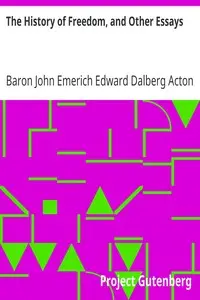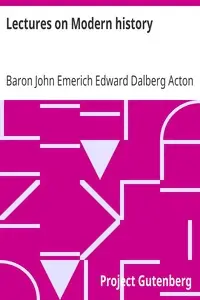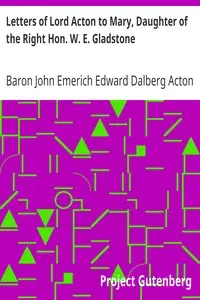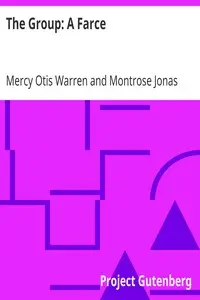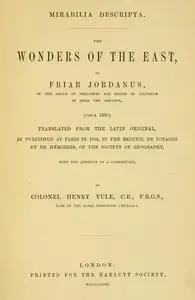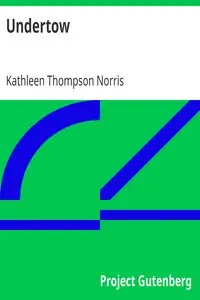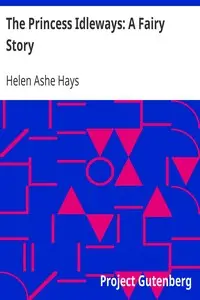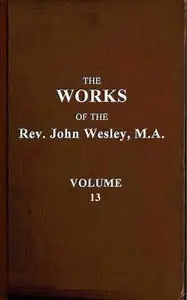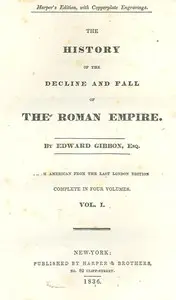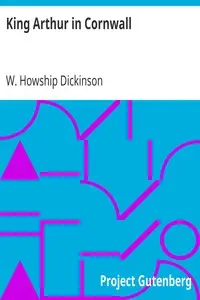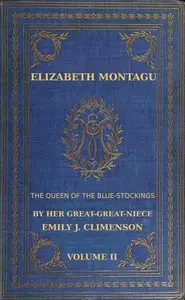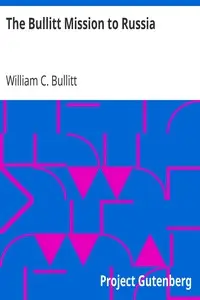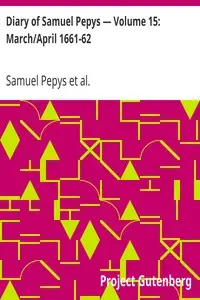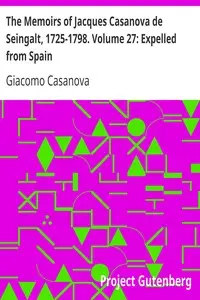"A Lecture on the Study of History" by Lord Acton is a scholarly work delivered as a lecture in the late 19th century. The text focuses on the principles regarding the study of history, asserting its significance in understanding the unity of modern historical events and their connection to political life. Acton emphasizes how history transcends mere dates and events, viewing it instead as an ongoing dialogue with the modern world. The opening of the lecture introduces Acton's personal reflections on his long-held aspiration to speak at Cambridge, setting a reflective tone. He delves into the concept of the "Unity of Modern History," arguing that modern history lacks distinct beginnings and ends, as it is a continuous thread of human experience. He highlights the interplay between history and politics, suggesting that understanding history is vital for informed political action. Acton also makes a case for the importance of studying modern history, emphasizing that it is rich in lessons critical for personal and societal growth. The groundwork he establishes presents a comprehensive framework for approaching the subject of history as a tool for engaging with both the past and the present. (This is an automatically generated summary.)
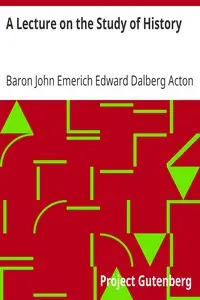
A Lecture on the Study of History
By John Emerich Edward Dalberg Acton Acton
"A Lecture on the Study of History" by Lord Acton is a scholarly work delivered as a lecture in the late 19th century. The text focuses on the princip...
John Emerich Edward Dalberg-Acton, 1st Baron Acton, 13th Marquess of Groppoli,, better known as Lord Acton, was an English Catholic historian, politician, and writer. A strong advocate for individual liberty, Acton is best known for his timeless observation on the dangers of concentrated authority. In an 1887 letter to an Anglican bishop, he famously wrote, "Power tends to corrupt, and absolute power corrupts absolutely," underscoring his belief that unchecked power poses the greatest threat to human freedom. His works consistently emphasized the importance of limiting governmental and institutional power in favor of individual rights and personal liberty.



